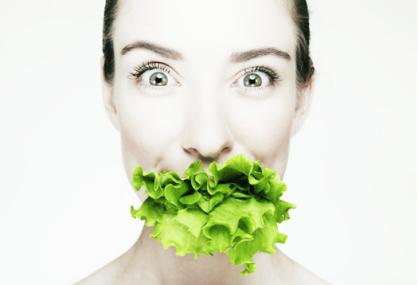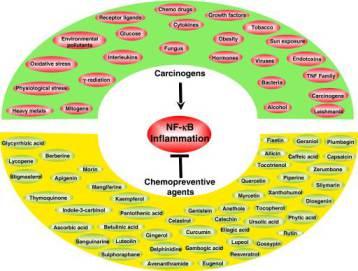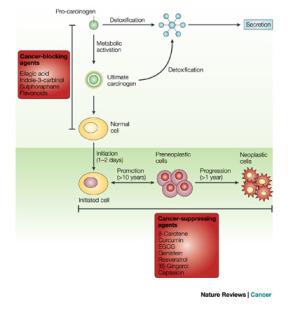
Over the last few days there’s been a LOT of hype around Angelina Jolie, who has publicly announced she has had her breasts removed in light of the fact she carries the breast cancer gene. Ange is taking the plunge and getting a double mastectomy, as well as re-constructive surgery.
I don’t mean to judge Angelina Jolie, who is clearly doing what she feels is right for her body… however I do feel compelled to spread the word that our genetics are not as big of a player as we once thought. We literally have the power to turn ‘on’ or ‘off’ our genes but the way we live, the food we eat, and what we think. The truth is… magic bullets don’t exist, and each person has a very unique genetic physiology with a unique interaction with our environment.
Epigenetics & the Role of Food
Each human being expresses biochemical individuality with a distinctive and unique genomic background/ microbiomic make-up. Our genomic background can be influenced by MANY things – diet, physical activity level, sleep habits, stress levels, environmental exposure, and much more. Epigenetics refers to characteristics that appear to be inherited, but do not appear to be encoded within the gene.
Fruits, vegetables, herbs and spices exhibit strong antioxidant, anti-carcinogenic and anti-proliferative activities (Lu et al, 2004, J Nutr). Take good old Garlic for example… studies have shown that dietary garlic may influence genetic and epigenetic events associated with several disease states, including cancer (Milner, 2006, J Nutr).


Garlic is one of HUNDREDS (if not thousands!) of examples which demonstrate that the food we eat, and the choices we make, can prevent cancer (Anand et al, 2008). The above chart is a snapshot of a range of phytochemicals found in nature which exert a chemo-protective effect.
What you can do:
- Eat lots of fresh, local, seasonal, real food
- Cook with herbs and spices
- Minimise inflammatory foods – refined sugars, grains and trans-fats
- Quit smoking and only drink alcohol in moderation
- Stress less
- Use natural cleaning products and cosmetics
- Exercise at LEAST 150 mins per week
- Take your shoes off every now and then and ‘earth’ yourself
- Minimise EMR exposure when possible
- Get regular sunshine
- Aim for 7-8 hours of quality sleep per night
Bottom line
Frighteningly, cancer diagnoses worldwide are expected to increase by 45% in the next 20 years. At a conference I attended last year (on cancer), I was blown away by Dr Lise Alschuler, who specialises in oncology. She stated that “true genetic mutations account for only 5-10% of all cancers”. I was flabbergasted! Be informed people – what we eat, breathe, think and do are much more drivers of disease then our genetic predisposition.
Until next time, Stacey.
